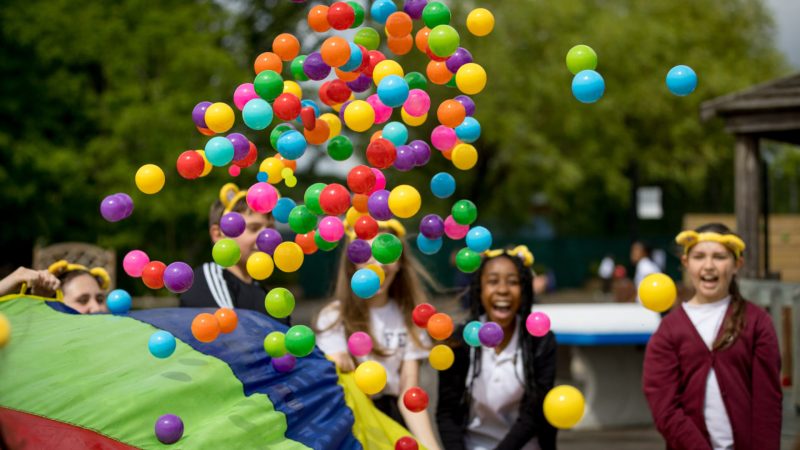Quiet children – How to unlock their hidden potential
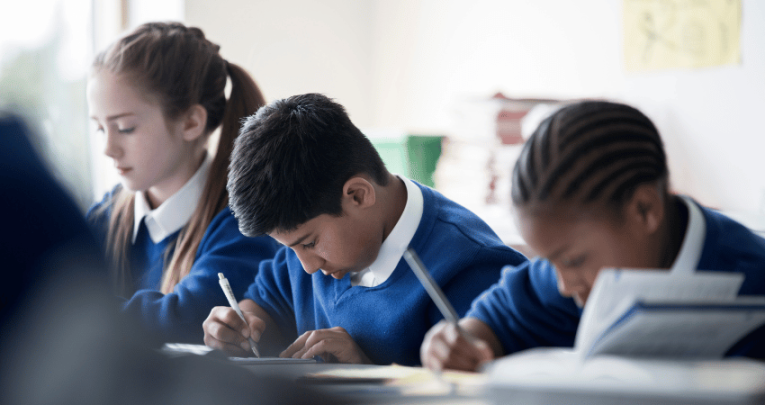
Some pupils demand more teacher time than others, but we should make sure to celebrate the quiet children in our classrooms too…

- by Teachwire
- Classroom expertise and free resources for teachers
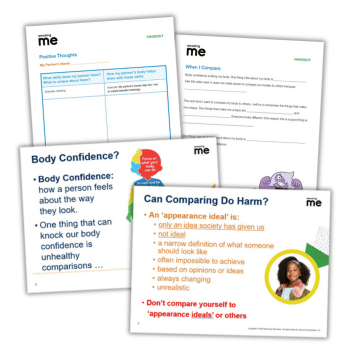
Quiet children can sometimes be eclipsed in our consciousness by the stars and the renegades of our classrooms. The quiet middle often goes unnoticed.
They aren’t very outgoing, but their attendance is good, they work hard and get solid grades, even though they might not be top of the class.
Here’s how to properly recognise the efforts of quiet children to create, sustain and develop their motivation and engagement…
Why teachers shouldn’t ignore quiet children
Some pupils demand more teacher time than others, but we should make sure to celebrate them all, says Jon Biddle…
At some point in our respective teaching careers, we’ve all tried to put a class list together from memory.
The first dozen names are pretty easy. They tend to be the children who demand more of our time, whether it’s down to the fact that they’re more vocal during lessons, or because they have additional learning needs.
The next group generally needs a bit more thought and effort, but is usually manageable by recalling friendship groups or by going through the alphabet.
The final group of three or four children are the ones who, despite racking your brain and trying to visualise who sits next to who in the classroom, you just can’t remember.
Forgotten students
While writing my most recent end-of-year reports, I quickly realised that there were a couple of students who I hadn’t got to know as well as I’d have liked, or as well as they deserved.
There were other children in the class who regularly seemed to take up significant chunks of my time.
I wrote a tweet (below) about these ‘forgotten’ students as it concerned me that, despite my best intentions, this had happened.
It was fascinating to read the replies and to see how different people referred to this group. The always children. The grey children. The shadow children. The missed children.
The children that you can sometimes go through the day without interacting with, apart from when they answer the register. Some people even called them ‘buffer zones’ for when teachers are drawing up seating plans.
Supported, valued and celebrated
None of these descriptions are accurate or fair. These children deserve to be supported, valued and celebrated just as much as their peers.
They’re often the pupils whose quiet resilience holds a class together or who are the solid foundations on which a successful school is built.
“These children deserve to be supported, valued and celebrated just as much as their peers”
They might not demand their moment in the spotlight but that doesn’t mean they shouldn’t have it.
Even if they’re a pupil who deliberately avoids attention and feels uncomfortable with public praise, there are some ways you can acknowledge them:
- a quiet ‘well done and thank you’ as they leave at the end of the day
- a couple of scrawled sentences on a sticky note in their reading book
- a quick phone call home
These can show them and their family that they matter, that you’ve seen them and value them. The couple of minutes that it takes is always worth the payoff, even if that payoff is several years down the line.
Prioritising interaction
The fact they can sometimes quietly get lost in the background certainly isn’t their fault, nor is it directly the fault of their peers or the staff that work with them.
It’s often down to the high-pressure classroom environment caused by SATs or a looming visit from Ofsted. Your support staff may be stretched too thinly. Your school behaviour system may allow certain children to demand a huge percentage of a teacher’s time.
It will be caused by different reasons in different schools, but the outcome is generally the same.
There’s always something more pressing or more urgent to deal with in a classroom than interacting with a child who appears to be ticking over quite nicely, who gives the appearance of working hard and who isn’t disrupting the learning of others.
We all know it isn’t right and it isn’t what any of us want. But it’s a sad indictment of the current situation we’re facing in education. No pupil we teach should ever become one of the grey children.
At some point over the next few weeks, maybe spend five minutes putting together a class list off the top of your head.
“No pupil we teach should ever become one of the grey children”
If there are children who don’t appear on it, find out who they are and keep them at the forefront of your thinking throughout the school day. They deserve to be remembered, just like every other child in the class.
Jon Biddle has been a primary teacher in London and Norfolk for over 20 years. He currently leads English and teaching & learning at his school. He was the Egmont Reading for Pleasure Teacher of the Year award in 2018.
Improving the motivation and engagement of quiet children
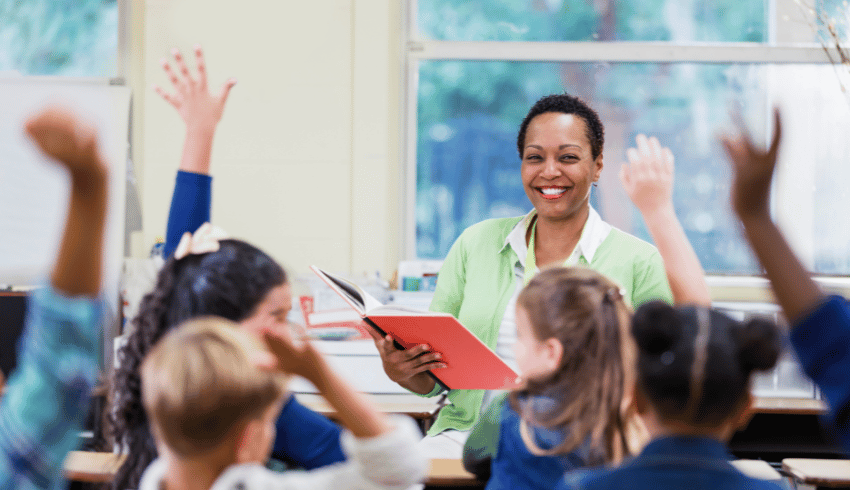
Ben Dunford of Firefly Learning suggests some ways of improving motivation and engagement among your quieter students…
Recognise effort, rather than achievement
Quiet children will often put in lots of effort, but because they don’t shout about it or ultimately get the best grades, their efforts may well go unnoticed.
Look for those students who are pushing themselves, however modestly.
Ask questions of everybody in class
‘Hands down questioning’ isn’t exactly a new idea, but it’s a very powerful one. Ask the students to keep their hands down after asking a question, give them thinking time, then randomly pick a student to answer the question.
Talk to everyone
If there are too many students for this to be practicable in one lesson, make it your mission to spend quality time with each student over two or three.
Get to know them
Find out more about what your students like doing outside of class, and don’t be afraid to talk about yourself and any hobbies you have. Getting to know someone works best when it’s a two-way thing.
Let them speak up
Group work can be a positive for quiet children if done in the right way. However, be careful that quiet students are given opportunities to use their voice.
Give them specific roles within a group that requires them to speak up.
Celebrate meeting expectations over time
Students are expected to turn up on time every day, but that doesn’t necessarily mean it’s easy for them to do so. And it doesn’t mean we shouldn’t celebrate when students consistently meet these expectations.
Ben Dunford is a former secondary computer science teacher, founder of Epraise and head of product at Firefly Learning.
Case study: Helping quiet girls find their voice
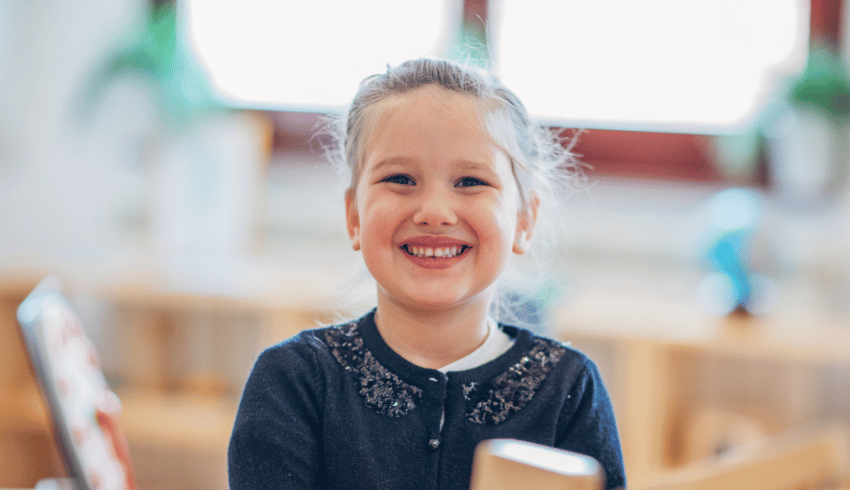
Consider the ‘good girls’ in your class you never hear from or who get overshadowed, and develop their confidence to speak up, says Jo Castro…
I decided to take a group of quiet girls out of class for six one-hour sessions over six weeks. I developed a group coaching model to understand what was keeping these girls from speaking out, then supported them to find their voices and put them to use.
The results were so exciting that I have used this approach again in a different school.
Safe space
I always start with the presumption that the girls will give a presentation of their choosing to a large group by the end of our sessions together.
The expectation that they will be able to achieve this is so important, as the focus is on ‘how we get there’ not ‘will we get there?’.
The group is a safe space where the girls can share their feelings confidentially and find their voice, safe in the knowledge that we are there to support and celebrate one another’s bravery and risk-taking.
“The group is a safe space where the girls can share their feelings confidentially and find their voice”
As the approach is solution-focused, we begin by looking at the girls’ individual strengths and then sharing those that they see in each other.
The power of being told what others value in you never fails to ignite a little spark of self-belief, which is evident from the small smile that refuses to be hidden on each girl’s face.
Becoming confident
From here we begin to unpick what confidence is by describing the most confident girl we can imagine. We leave nothing unexamined and draw and write how she is on the inside and how we see that confidence on the outside.
In the following sessions we use visualisation, scaling and drama to work towards becoming the confident person the girls would like to be.
It is important that the expectation is not that they will become the confident person we originally described. This jump might be too big or not who they want to be.
By visualising a desired future in detail, the brain feels what it is like to be that person. Research shows that the subconscious mind believes the imagined future to be real and therefore the imagined can become the new reality.
Alongside this work is the preparation for the presentation. I use drama approaches that enable the girls to explore how a confident person sits, stands and speaks.
They learn how we can trick our brain into feeling confident by embodying the physicality of confidence. They love learning the ‘power stance’ in particular.
We practise holding our space on a crowded tube or bus and believing that we have the right to take up space too. We learn to roar!
Final performance
The projects culminate in a performance. One group recited to their class a poem they had written, while another wrote and delivered an assembly on International Women’s Day about women from history who have changed the world.
Their peers and staff sit amazed and often tearful when they see these girls transformed and finally hear their voices loud and proud.
Following the projects, teachers report improved participation from the girls in class. They describe them as happier and note improvements in their academic progress.
“Their peers and staff sit amazed and often tearful when they see these girls transformed”
These formerly quiet children describe themselves as more confident. Many claim they feel their learning improves because they are talking more and therefore developing their thinking.
“I never thought anyone would be interested in what I have to say but they are. They think what I say is good,” said one.
“I loved the International Women’s Day Assembly. Not only did it make me stand up for women’s rights but it also made me stand up and be confident,” said another.
Jo Castro is a Y6 teacher and freelancer delivering coaching, peer mediation and teacher training. Follow her on Twitter at @jocastro_coach.
How to talk about quiet children at parents’ evening
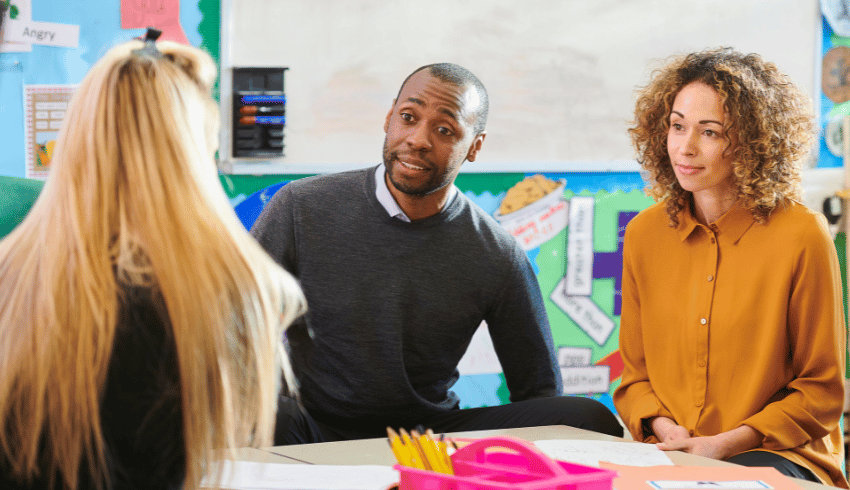
Calling a pupil ‘too quiet’ can rouse up plenty of negative connotations, explains Scott Pughsley…
We’ve all heard it – the parents or carers of the hardworking, focused, well-behaved and all-round lovely student sit down on parents’ evening. Amidst the glowing report, the teacher drops in, “They are a bit too quiet”.
Panic stations! The parent suddenly falls into social concern mode and shoots a distressed look across the table. Images of a disconsolate and anguished child lingering in the back of the classroom, unloved and unengaged, swim through their minds.
What a strange world this is. If a pupil misbehaves, their parents get told they’re “too chatty”. This doesn’t overly alarm them; their child is clearly having fun, making friends and – most importantly – getting involved in the class.
But then a child does everything they’re supposed to do in order to be a good student – head down, work hard, don’t fuss – and get harpooned with “too quiet”.
Let’s face it, the words are dogged by negative connotations. They conjure up a disengaged, lazy pupil who is uninterested in sharing their opinion or trying to find answers to questions. Hardly what our busy, self-promotional world is set up to celebrate.
“Let’s face it, the words are dogged by negative connotations”
So, why say it? Well… we shouldn’t. There is no reason to vocalise the fact that you think anyone is too quiet.
Be specific
Think about the instances where you’ve used this term. Is there a reason? Do you think they should share their opinion more? Fine, then say that. Be specific.
But ‘too quiet’ helps no one – quite the reverse in fact. It’s not developmental, but it’s also not a flippant comment that has no detriment. It can’t be worked on and it certainly isn’t useful.
This parents’ evening, think about what you actually want to convey as an area of improvement, then say that, instead.
Or maybe if we want chatty, engaged pupils, we should be more accepting of chatty, busy classrooms.
Times are starting to change, slowly – especially with younger pupils – to embrace the ‘controlled chaos’ of students actively learning.
“Think about what you actually want to convey as an area of improvement”
But if we want to get rid of the stigma of ‘too quiet’, we need to reform our classrooms. This is obviously a much greater cultural shift than stopping our use of a certain phrase, so it’s going to take longer to become the norm.
Therefore, in the meantime, changing the way we describe our more reserved learners will have to do.
Ultimately, there’s nothing wrong with ‘quiet’. Some of the greatest minds are ‘quiet’, yet unfortunately right now, the label can still be damagingly negative for a pupil.
So, a plea from a ‘quiet’ child; if you don’t have anything specific to report then just stay quiet.
Scott Pughsley is a teacher, teaching and learning coach, and head of geography at a secondary school in Accrington. Follow Scott on Twitter @ScottPughsley







